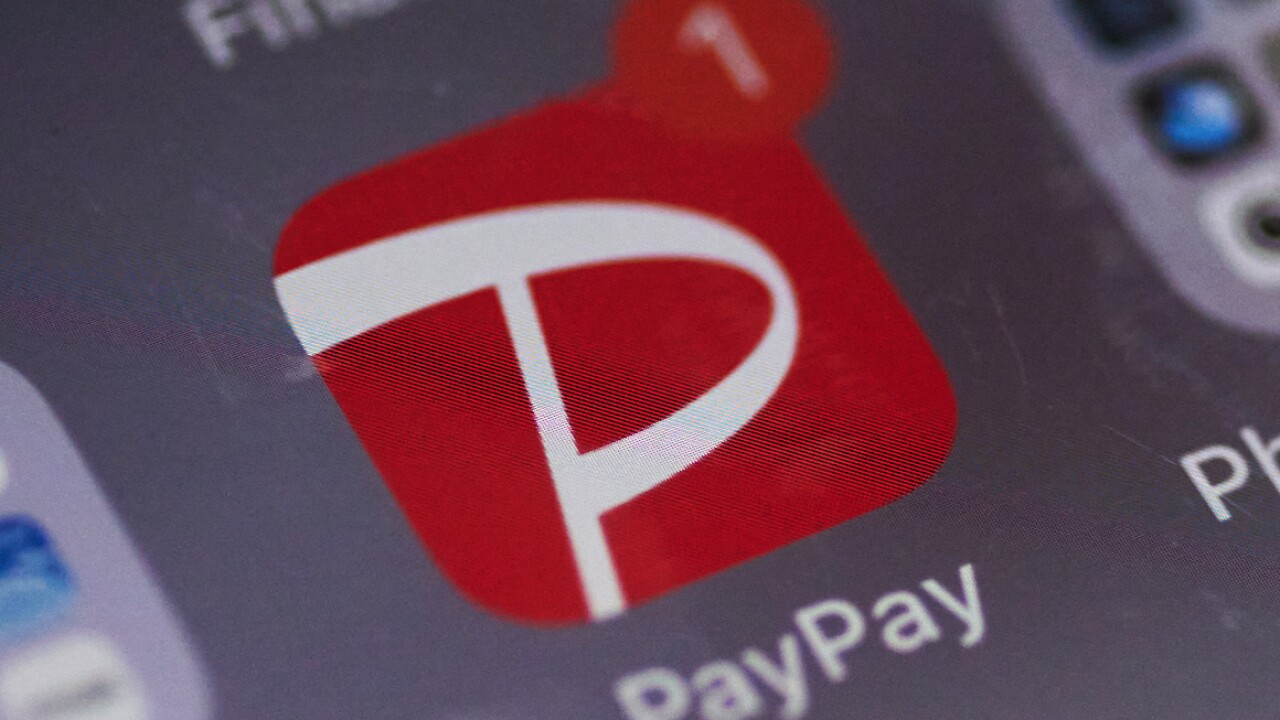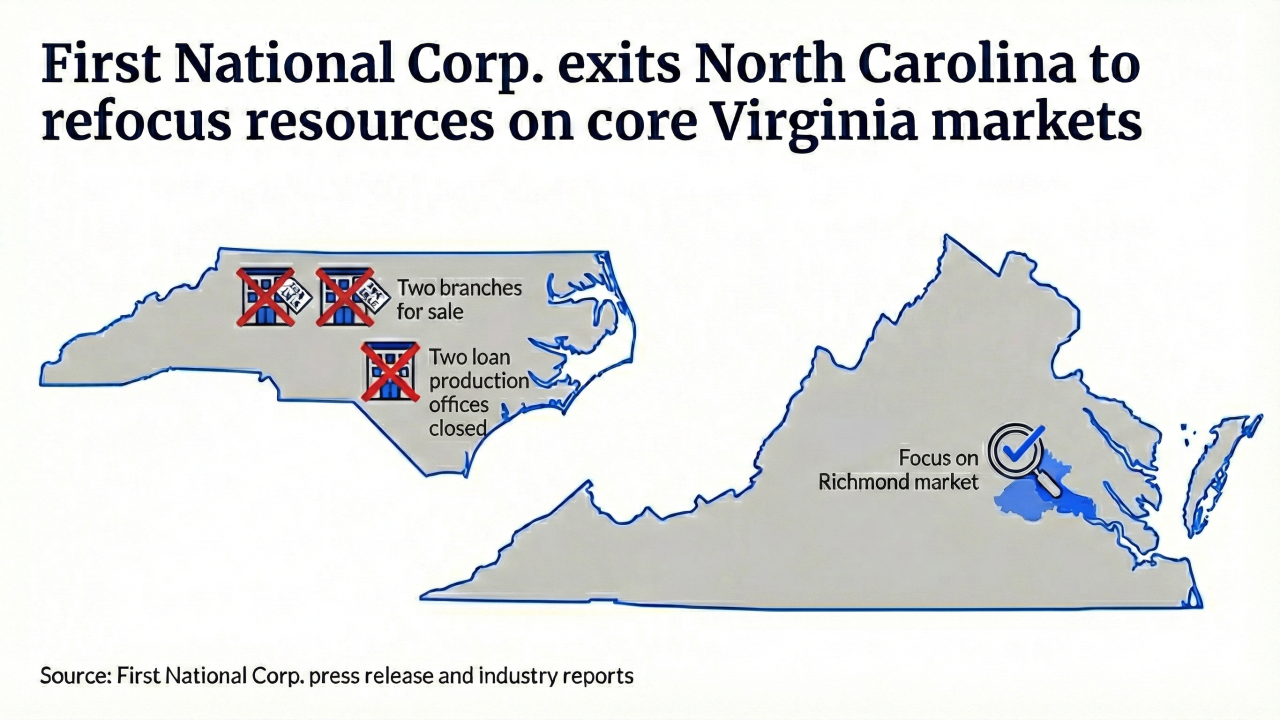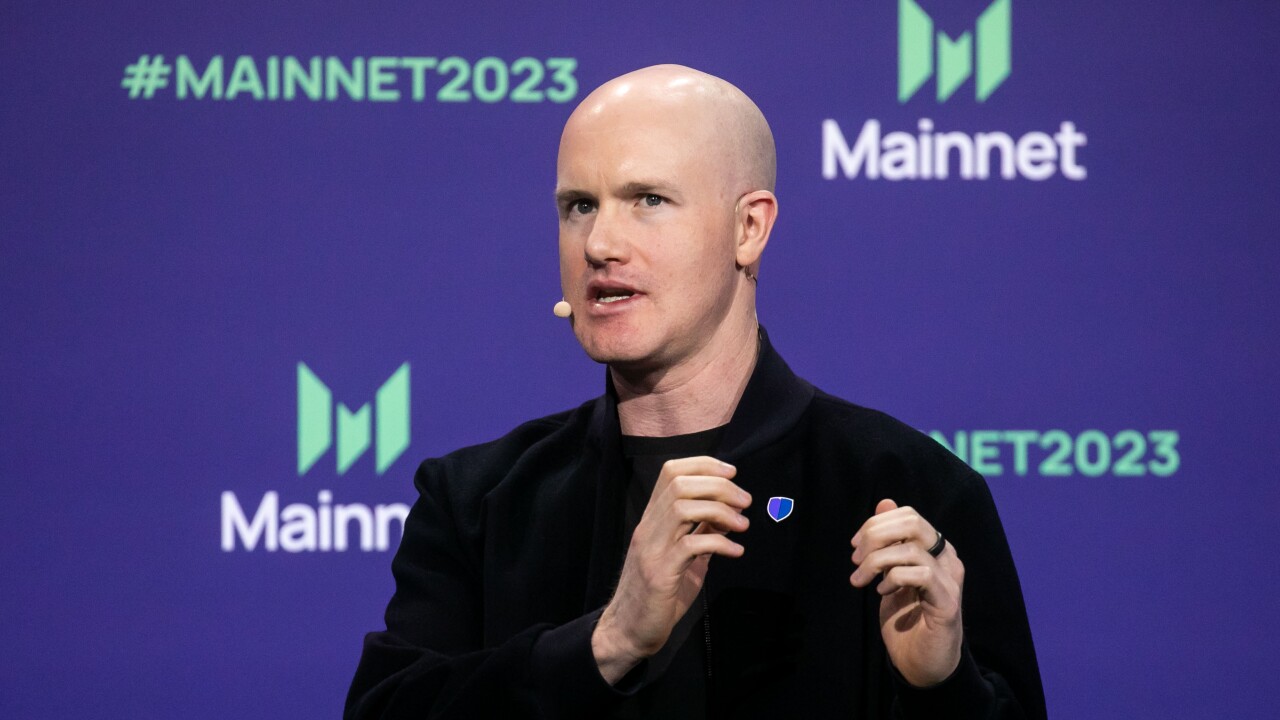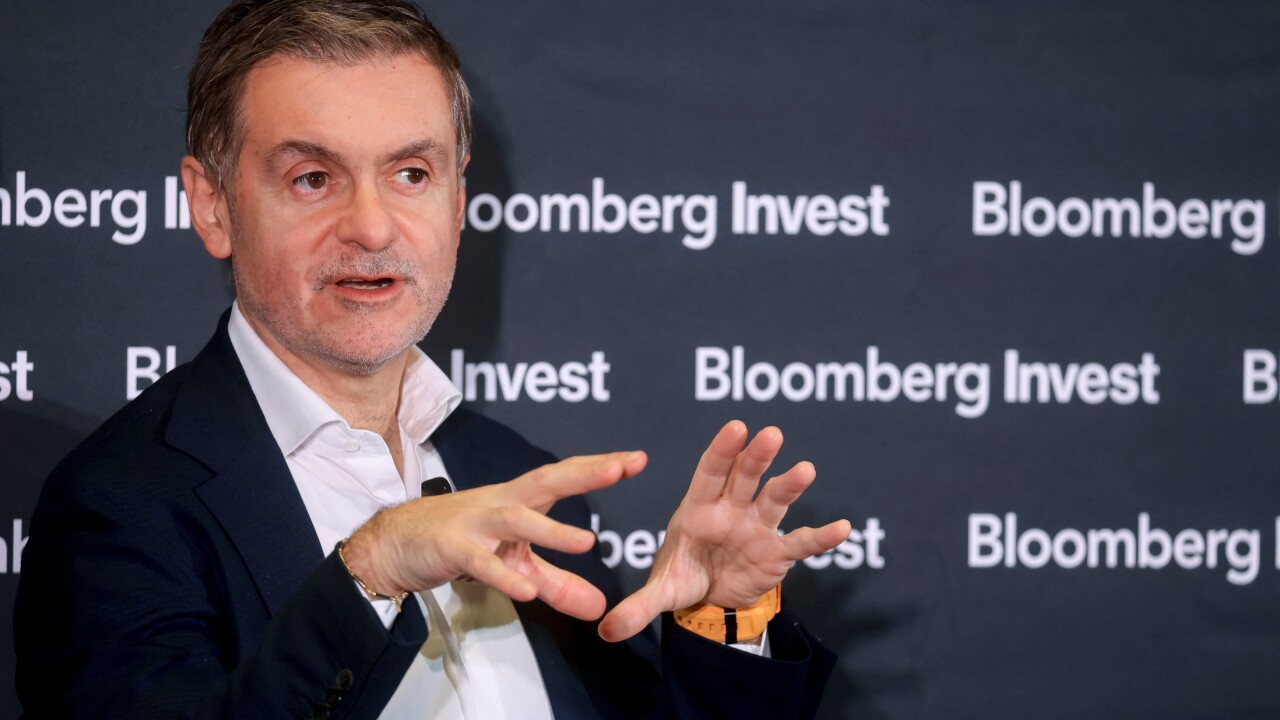First, every bank had to have a Web site. Next, every bank had to have a transactional Web site where customers could do all sorts of business - not just banking. These days, it seems, a bank cannot hold its head up unless it has a business-to-business electronic marketplace.
How many of these Web sites is too many?
The concept is logical enough: Banks want to add online services for their business customers, and setting up Web sites where they can handle procurement seems like a good way to make life easier for these customers while boosting their relationship with the bank.
Companies spend a lot of money buying supplies, so the B-to-B sites look like even better bets than the online shopping malls some banks have established for their retail customers (though, as with the B-to-B sites, noncustomers can use them as well).
But questions remain as to whether there is enough business to go around for all these sites, and whether the adoption rates of online purchasing by companies - particularly small and midsize ones - will be fast enough to merit the banks' investments and other resources. So far online purchasing activity is still at a relative trickle, and unless it picks up rapidly, a lot of these sites may fade into Internet oblivion.
There certainly are potential benefits for companies that choose to use these sites, as the banks that sponsor them point out loudly. For example, on the home page of J.P. Morgan Chase & Co.'s bPurchase site, which bills itself as the "business supply e-marketplace," a list of "buyer advantages" is prominently displayed. The advantages listed are reducing purchasing costs, comparing prices, increasing efficiency, and tracking and reporting orders.
Despite these arguments, most companies either have not figured out how to go about buying online, still do not think it is a great idea, or, if they have tried it, have not realized the efficiencies and cost savings they anticipated.
According to a survey of 368 purchasing managers published last month by the National Association of Purchasing Management and Forrester Research, only 26.6% of the respondents said that online purchasing had decreased their costs in any way; 7.4% said it had actually increased costs, and the rest said there had been no change.
This survey found some signs that were promising, and others that were not. On the plus side, most of the purchasing managers said they intended to do more Web buying in the future, and a lot of them said they like using the Net to identify new suppliers and collaborate with them.
But the complaints were many: The purchasing managers were often dissatisfied with suppliers' online capabilities (which are beyond the control of the banks sponsoring B-to-B Web sites), with 37.8% of the respondents rating their suppliers' online services as "very bad" or "poor." Only 19.1% of the respondents said they had bought through an online marketplace, and only 15.8% said they had used an online auction.
And 92.3% of the respondents said that so far the Internet had spawned either no changes or only minor ones in their procurement practices.
Despite this tepid report card, research indicates there is a massive amount of spending going on to set up these marketplaces.
Last month Jupiter Research, a consulting arm of Jupiter Media Metrix, projected that spending on technology infrastructure for business-to-business Net marketplaces would grow from $2.1 billion last year to $80.9 billion in 2005. Perhaps an equally staggering figure is that Jupiter says its numbers are based on interviews with executives from 90 B-to-B markets. That means that there are already more than 90 of these operations, even though the business model behind them has yet to be proven profitable.
Until the enthusiasm of purchasing managers begins to match the efforts by market-builders, it remains unclear what the prospects will be for these ventures.
From Our Archive





